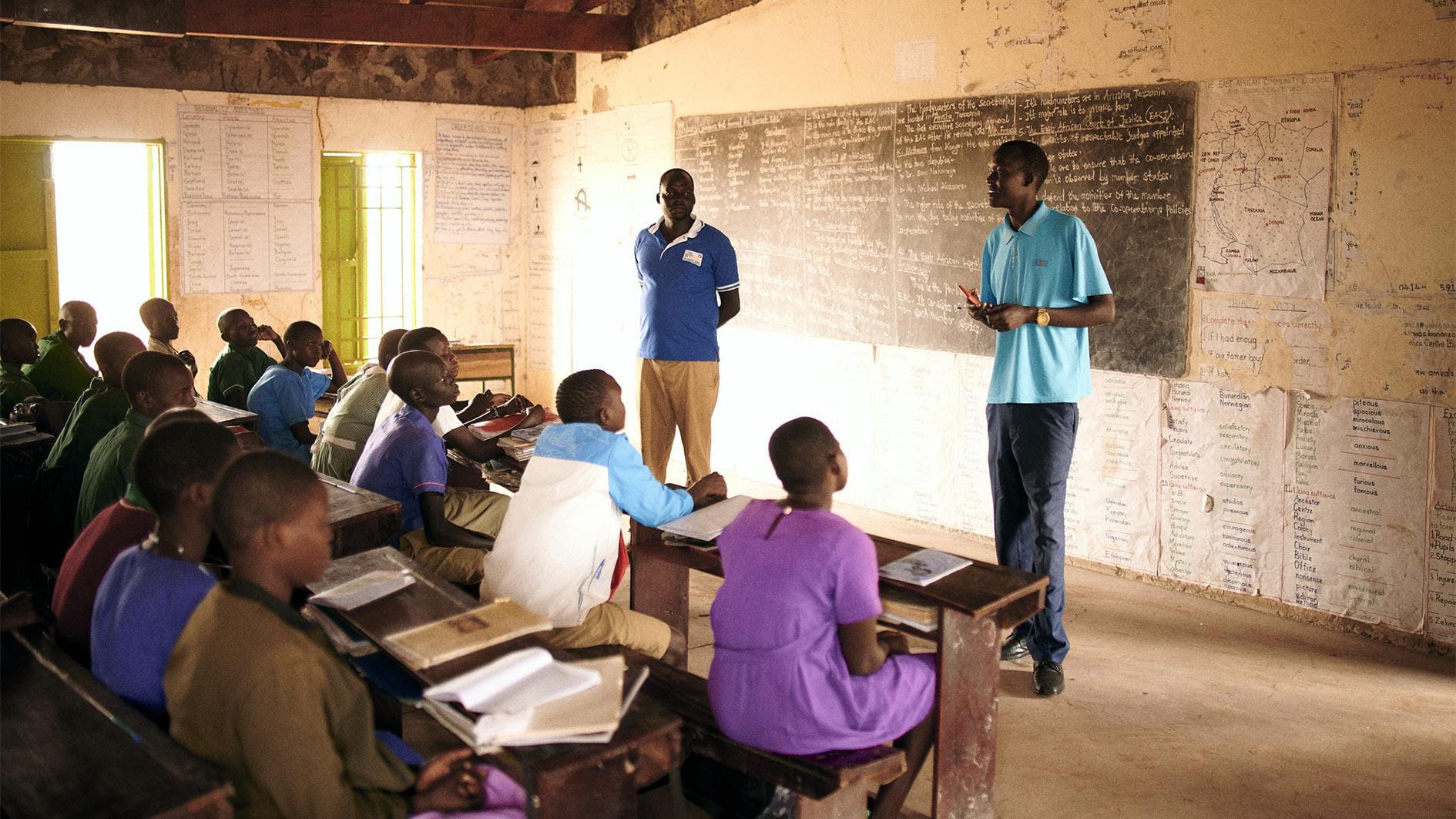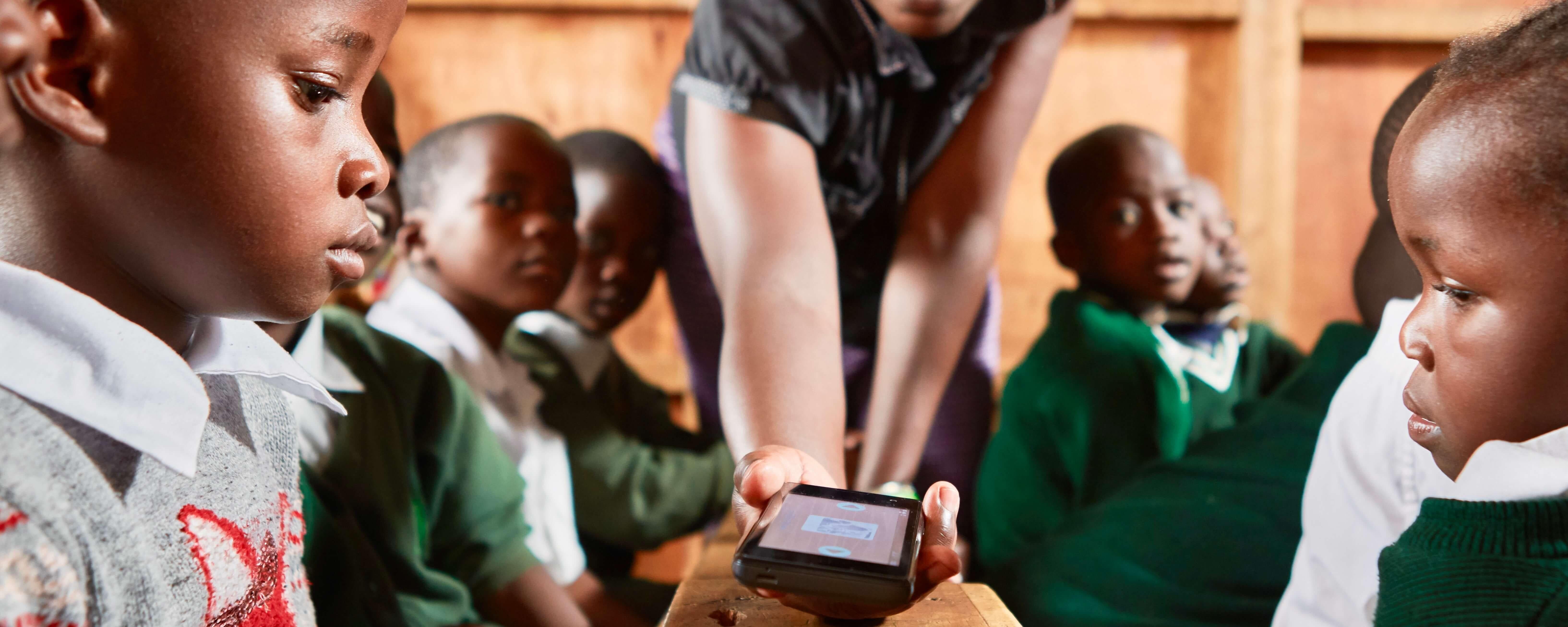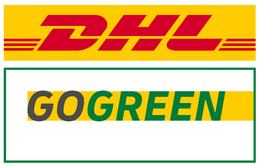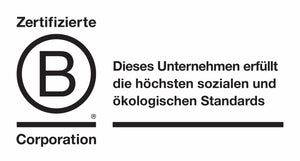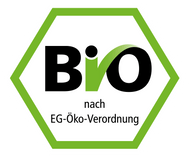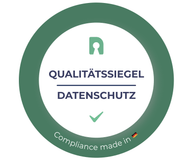What advantages does the EIDU platform offer teachers here? And how do children react to digital learning?
There is growing evidence that structured pedagogy* is one of the most effective interventions for improving children’s learning outcomes.
EIDU has digitized a scientifically proven and Kenyan government-approved structured pedagogy program - in practice, this means that teachers receive digitized lesson plans for each day of the school year. Digitization makes the program less burdensome for teachers to implement, cost-effective for governments to scale, and easier for the Ministry of Education to update - while also creating a mechanism for scaled data collection and teacher feedback.
Children learn with interactive and personalized exercises that are synchronized with the official curriculum. Anecdotal evidence suggests that children are embracing digital learning well: student demand in class is high, students find it relatively intuitive to engage with the exercises, the exercises are easily accepted, and schools report higher attendance rates. Parents also recognize the benefits and are pushing their schools to expand EIDU to all grade levels. (Currently, EIDU is only used in preschool)
*Structured pedagogy refers to a systemic change in educational content and methods brought about through comprehensive, coordinated programs focused on teaching and learning, with the goal of changing instructional practices to ensure that every child learns.


